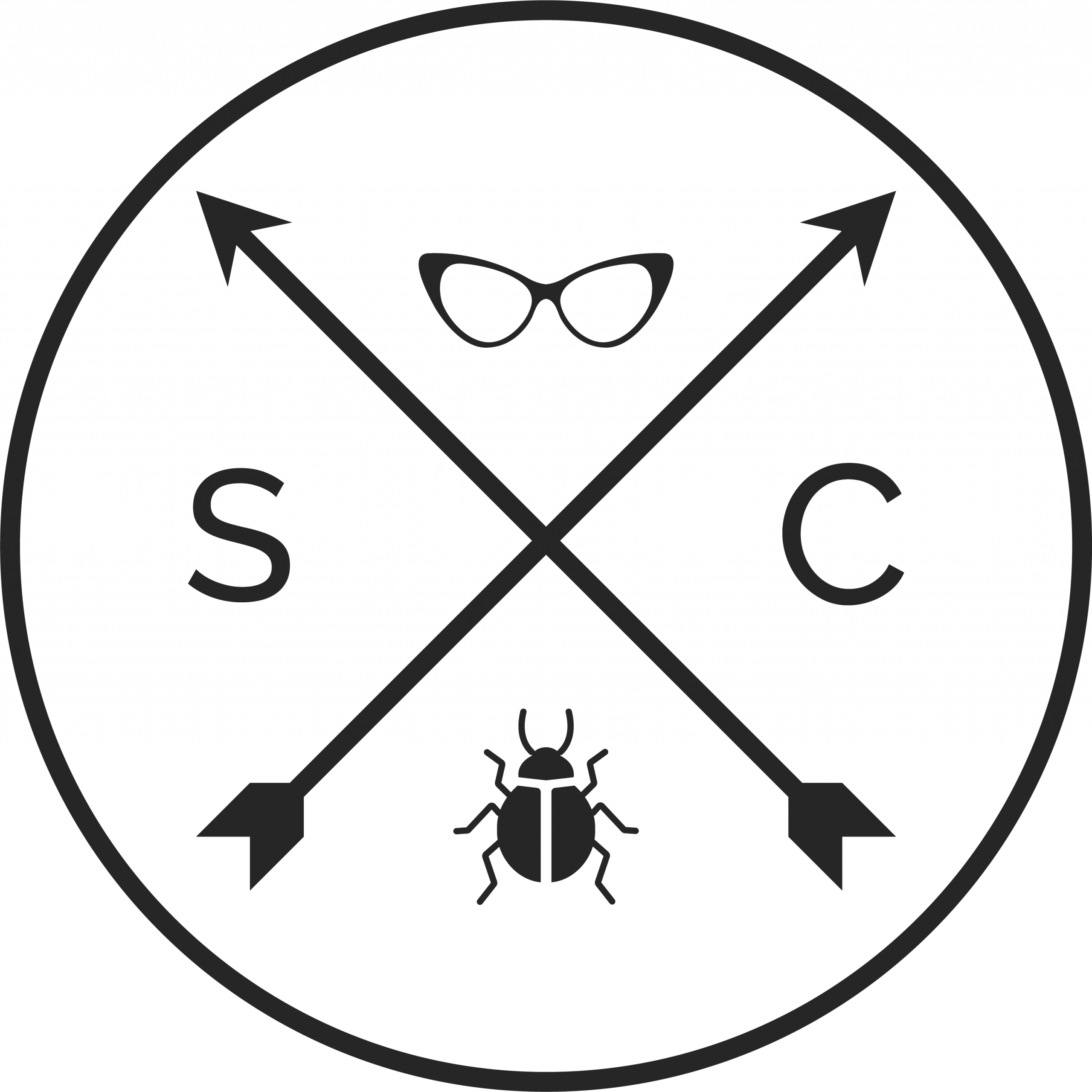This blog is a reflecton on my career growth overtime and how I got here. Obviously my experiences are unique to me but if you are just starting out in your tech career or considering this career path you might enjoy reading this post.

Table of Contents
Where am I at now?
I’m considered a senior mobile test engineer (here is a sample job ad for my skill level). I’m constantly turning down recruiters looking for these skills who are offerring contract rates of $800-$900 per day.
Here is a more general job ad search for my type of role on Seek. Here is a blog highlighting some of the code I work with and a day in the life of a mobile tester. Here’s a mobile app test strategy which also highlights my expertise.
I will get a phone call from a recruiter once every few weeks with these types of roles. You can access my CV here. It feels nice to know my skills are in demand. I have active profiles on Seek and LinkedIn and that’s the main source of these leads.
You can also read how my CV has evolved over time.
Where did I start?
My first tech job was a part time testing role while I was studying at uni. They initially offered me $15 per hour. I was getting paid more to work in the deli at Woolworths. I negotiated a pay rise to $18 an hour.
I had tried applying for part time web developer roles, but they all wanted someone with more experience. They said to keep an eye on testing roles instead.
I was testing point of sale/checkout software used in supermarkets. And I already had 7 years of experience working in supermarkets. It was the perfect step to launch my tech career.
I hated this first role though, this was mostly because I was going through my first episode of chronic depression and had no idea what I was doing. I didn’t have anyone tell me I was doing a good job until the day I left.
I had little support and no mentorship. I’ve found more engaging and supporting roles since then. My favourite role was working for Tyro payments.
Here’s how my salary as a tester has grown over time (all values are in AUD):
| Year | Salary | Notes |
| 2011 | $18 per hour | Was initially offered $15 per hour, I negotiated up to $18 because I was also working in supermarkets for $23 per hour. This was a part time gig while I was at uni. |
| 2013 | $1000 per week | this was a 6 month full time contract while I was finishing uni. |
| 2014 | 60k to 65k a year | Graduate job in Sydney, went up to 65K a year after 6 months |
| 2015 | 72K to 79K a year | Test engineer role that saw a decent pay bump |
| 2017 | 90K a year | Contracted out to a big corporate client |
| 2018 | 95K to 110K | The year started off shakily, I broke my ankle. I had a bit of instability in my job hunting efforts |
| 2019 | $650 per day | Took up a short term 4 month contract in between gigs because I was made redundant from the previous start up I was working at. Testers are expensive. |
| 2019 | 120K per year | Big financial institution, senior QA engineer position |
| 2021 | 160K-ish per year | I’m now running my own company and I’m on a 6 month contract on a pretty awesome day rate. The contract is likely to run longer and this is my projected income (minus business expenses). Assuming I work 42 weeks in a year. |
Is software testing a good career choice?
Short answer: no. Look. for some people it’s a great career. But if you are starting out in tech, software testing isn’t the highest paid area. Testers get paid on average 10K to 20K less than software engineers.

I’ve managed to close that gap the more senior I got but it’s not a great place to start. Here is a fun post on the darkside of this type of role.
Sometimes the work can be real frustrating or repetitive. I’ve often found myself bored in my roles. This is one reason why I’m studying financial advice part time. I want to be able to help more people. As a tester I’ve often felt too far removed from the actual people I’m helping build software for.
Competition in tech
There’s a lot of applicants for graduate jobs, with tons of competiton from global talent like India. Many of these ads can have up to hundreds of people apply.

My graduate job was a full day interview with 6 grads. They only had 3 positions. I only got the job because I had already worked as a software tester for 2 years before that role.
If I was a fresh grad with no work experience I doubt I would have been as successul. I’ve mentioned before; but job ads are BROKEN, the only way to get ahead in tech is to network.
Average pay in tech
The median tech salary is 128K and the median contract rate is $900 per day. These stats are for Sydney, Australia. Your local job market will be different to mine.

I’m getting paid more than the average tester. However testing has one of the higher female participation rates.

Final thoughts
A career in tech can be rewarding and pay well. But it is hard work to get there and the work isn’t always exciting. If you are struggling to get your foot in the door there is nothing wrong with you. The job hunting process can be soul crushing.
My number one tip is to network and to build up a reputation. I have only gotten where I am today because of this. I don’t believe I’m worth this much (gotta love imposter syndrome), but it’s what the market is paying for someone with my skills.
Sydney Testers and Girl Geek Sydney are my two favourite meetup groups.
If you enjoyed this post, you’d probably like to read my career tips.

Great post Sam. Would like to know how a tester progress to test manager, what to develop in terms of reporting (spread sheets 🙂 ) , tool, people management..etc .
I can’t tell you. Because I’ve never been a test manager and I’ve actively avoided taking on any leadership positions.
With agile practices I see the test manager role falling out of fashion. I’ve worked along side very senior testers who use to be test managers but can’t find work anymore. I don’t think it’s a future proof career path.
I think it’s better to position towards an engineering manager or product manager for more long term career growth (and if you are dead set on being some sort of manager).
But I’d ask, why do you want to be a manager? If it’s for career development and recognition you can get that in other ways. If it’s because you want to help people a tech lead/coach might be a better fit.
There’s ways to get what you want out of a career without being a manager.